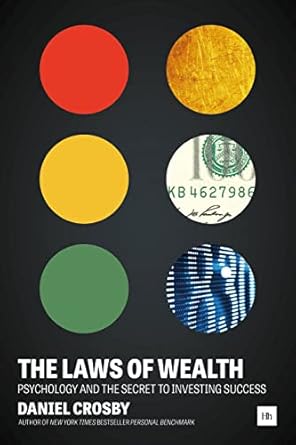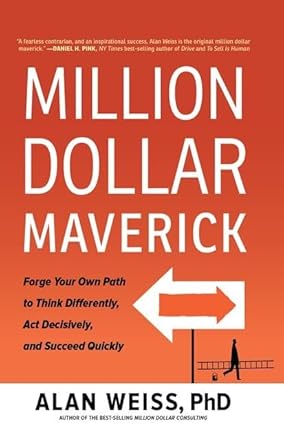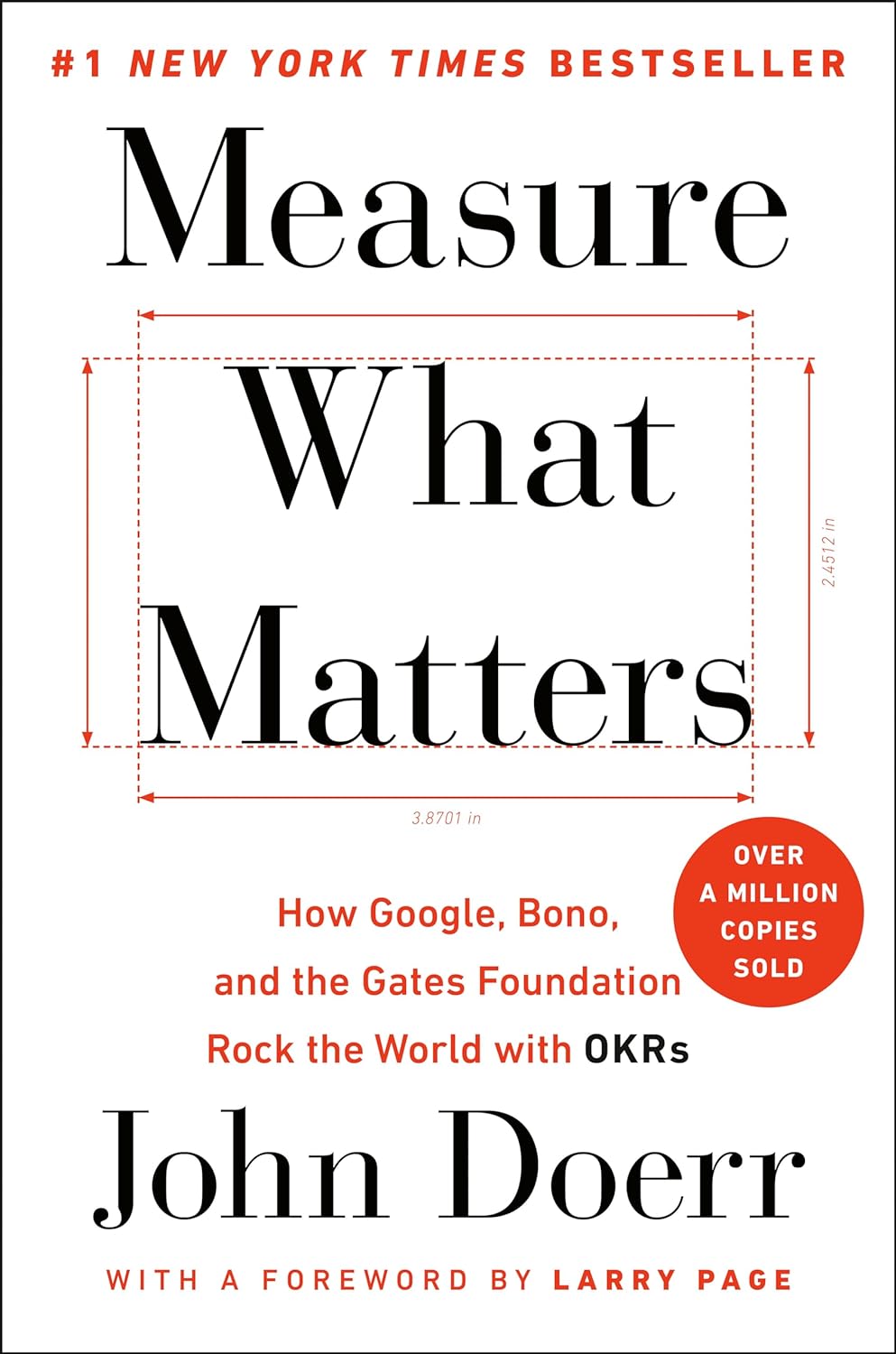Recency Bias
The tendency to treat recent events or information with more weight when making judgements or decisions whilst undervaluing information or experiences further in the past.
Key Insights & Principles
Decision Making
Insights:- The recent past is not a good predictor of the long term future.
- Recent events and experiences come to mind more readily, so we tend to give them more weight when making decisions.
- Recent events and experiences tend to have a greater impact on our emotional state.
- Review long term trends and information when making decisions.
- Develop mechanisms that enable you to pause and take a step back after recent events, or when information comes to light.
- Practice not reacting immediately to recent events.




